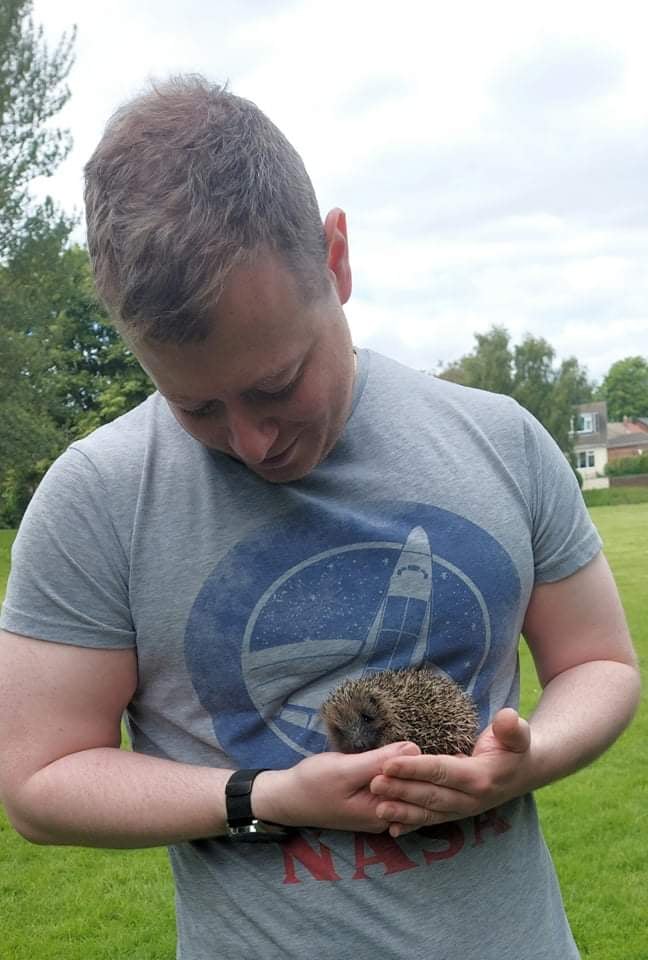
A new report has highlighted the impact of gender stereotypes on teenagers, as young people are found to be ‘restricted by gender stereotypes’.
The Gender Report was published by leading anti-bullying national charity Ditch the Label.
And it explores how young people use gender stereotypes as part of their identity and how the stereotypes can enable and disable them within relationships, education and the workplace, as well as focusing specifically on personality, career pathways and descriptors of being masculine and feminine.
Liam Hackett, Founder and CEO of Ditch the Label, said: “What it means to be masculine and feminine is a topic of much debate and is something that has changed throughout the decades.
“We consistently find that young people are restricted by gender stereotypes. Not conforming, to said stereotypes can often lead to bullying and discrimination.
“This brings with it huge implications in terms of how young people identify themselves and others around them and is seriously damaging the self esteem, performance and welfare of young people.”
As many as 2460 young people between the ages of 13-25, from seven key international countries were surveyed online, with 1,101 responses from the UK.
Respondents were asked to say whether they perceived certain personality traits as more male or female orientated.
While 54 per cent of people believe both men and women were creative, only 1 per cent of respondents believe technological and mathematical traits were more orientated towards women – 59 per cent said technological and mathematical traits were shared equally.
The study has also revealed that 54 per cent of people surveyed thought both genders shared creative traits equally.
However, when those surveyed were asked what career pathway they were interested in the biggest variances were found between aspirations to follow science and computing careers.
Only 8 per cent of females aspired to work in computing, compared to 27 per cent of males. But 17 per cent of females were interested in a science-based career versus 10 per cent of males.
Respondents had a clearer idea of what it means to be feminine and masculine traits.
Anne Longfield OBE, Children’s Commissioner for England, says: “I welcome this important study into the impact that gender stereotypes has on young people. It is of great concern to me that the report found stereotyping continues to limit young people’s future ambitions and careers.”
The Gender Report has been produced in response to Ditch the Label’s Annual Bullying Survey (2015), one of the most comprehensive reports into the bullying of children and young people.



